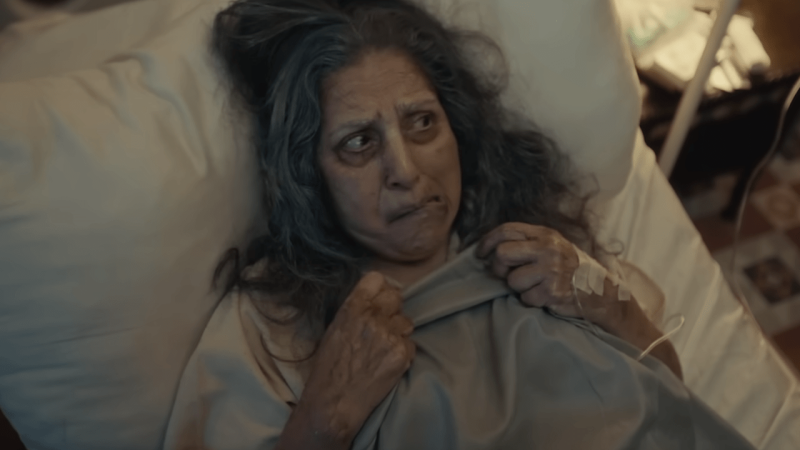Artist Misha Japanwala owns her South Asian heritage with an ode to her nose and her Nose Candle Holder
It’s about time we come to terms with the fact that there is no one standard of beauty. No one needs to morph themselves to fit someone else’s definition of what’s attractive. Doing just that, Pakistani artist Misha Japanwala, known for her designer breastplates, addressed the Eurocentric expectations of beauty and the hold they have over how one interacts with their body. She talked about how she transmuted her hatred of her ‘sharp’ nose into acceptance and love, owning her South Asian heritage.
On Friday, she shared photos of the candle holder, old Mughal portraits, South Asian noses and the frequently used “nose job” hashtag along with a note, titled, “Ode to my Nose Candle Holder”. “I hated my nose for most of my life. The West has done an impeccable [job] of convincing those of us from the Global South that if you don’t have a cute European button nose it means that you’re ugly,” she wrote.
“Constant reminders in print and on screens in images and words that the people we allow to tell us what is beautiful explicitly say that our noses are not. The lengths we have gone to remove these memorials of who we are, undergoing violent procedures and splicing that footage together with catchy music to share in a 60-second video existing alongside thousands of others, all pleading: Are we beautiful enough for you now?”
She talked about the work she put in to change her relationship with her nose. “I took this ‘ugly’ part of my body and turned it into something else entirely. From the thing between my eyes whose sharpness startled me every time I looked down and squinted, who I always avoided looking at too closely in the mirror to something I spent months looking at intimately in my studio, under lights, magnifying glasses and angles I had never experienced in the 27 years prior that we had moved through the world together. An object that commands physical space and helps light up a room,” she said.
She described the “large, sharp noses” on the centuries old Mughal portraits and wondered what the historical documentation of our ancestors would look like “had they all asked for it to be altered to sit more quietly on their faces”. “I also love that these portraits show them with their dupattas on their heads and their chests bare, the depiction of their body documentational and allegorical as opposed to erotic and sexual (big nose bare chest gang),” she added.
She talked about slide seven that contains a collage of South Asian noses, a project by photographer Simrah Farrukh, and said they are “reminders of who we are and where we come from, and what it means to honour our beauty, history, truth, existence”. “I look down at my nose now and smile,” she concluded.
Many of us have grown up hating our noses, wishing for them to be softer or smaller, wanting to smoothen the edges. We subjected our noses to criticism, never accepting them for what they are — a gift from those who came before us, marks of our unique identity and history. It’s time to stop looking around for a definition of beauty and start loving who we are by owning what we look like. Brown skin is beautiful, big noses command attention and sharp noses are striking. We don’t need to shrink ourselves or hide our distinct identifiers, we need to flaunt them. Apologise to your nose for the years you spent denying it love and thank it for defining who you are.












Comments